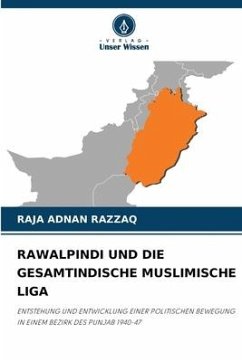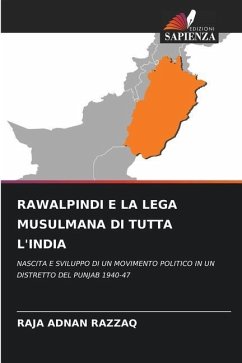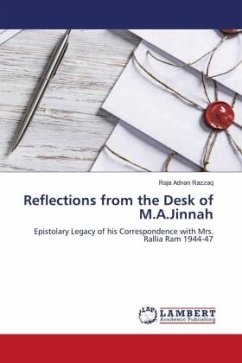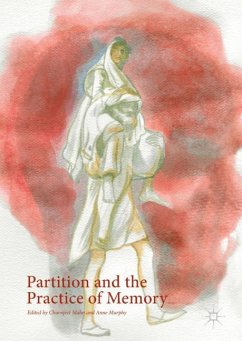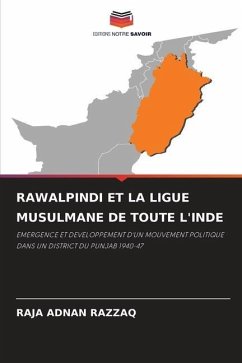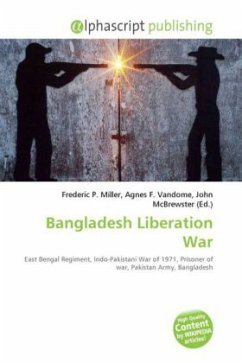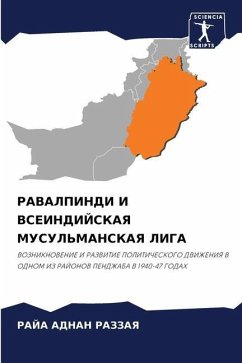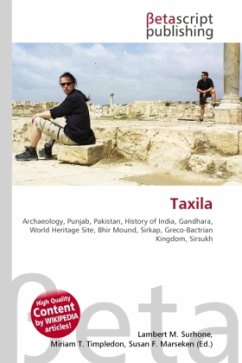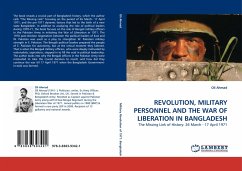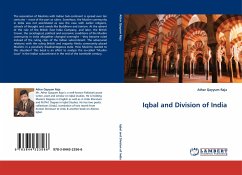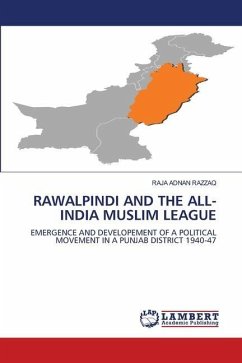
RAWALPINDI AND THE ALL-INDIA MUSLIM LEAGUE
EMERGENCE AND DEVELOPEMENT OF A POLITICAL MOVEMENT IN A PUNJAB DISTRICT 1940-47
Versandkostenfrei!
Versandfertig in 6-10 Tagen
40,99 €
inkl. MwSt.

PAYBACK Punkte
20 °P sammeln!
My book, which focuses on the Rawalpindi Muslim League, explores the district's strategic location even before the arrival of the British, which led to its establishment as a garrison district. It covers the cultural, political and communal relations of the two major communities, namely the Muslims and non-Muslims, primarily the Hindus and Sikhs. The All-India Muslim League established a juvenile branch at Rawalpindi in 1907, whose members participated in the historic session of the All-India Muslim League at Lahore in 1940. M.A. Jinnah visited Rawalpindi twice, which boosted the morale of Mus...
My book, which focuses on the Rawalpindi Muslim League, explores the district's strategic location even before the arrival of the British, which led to its establishment as a garrison district. It covers the cultural, political and communal relations of the two major communities, namely the Muslims and non-Muslims, primarily the Hindus and Sikhs. The All-India Muslim League established a juvenile branch at Rawalpindi in 1907, whose members participated in the historic session of the All-India Muslim League at Lahore in 1940. M.A. Jinnah visited Rawalpindi twice, which boosted the morale of Muslim Leaguers and resulted in their securing 100 percent victory in the 1945-46 elections. However, the pangs of partition were visible in the district, as the minority non-Muslim community faced the wrath of the frenzied mob seeking revenge for the carnage their Muslim brethren faced in East Punjab, India. Once-influential non-Muslim communities had to abandon their ancestral homes in searchof a promised land. Amidst this chaos, India was divided and witnessed an unprecedented exodus of fourteen million people across the newly created international borders."



